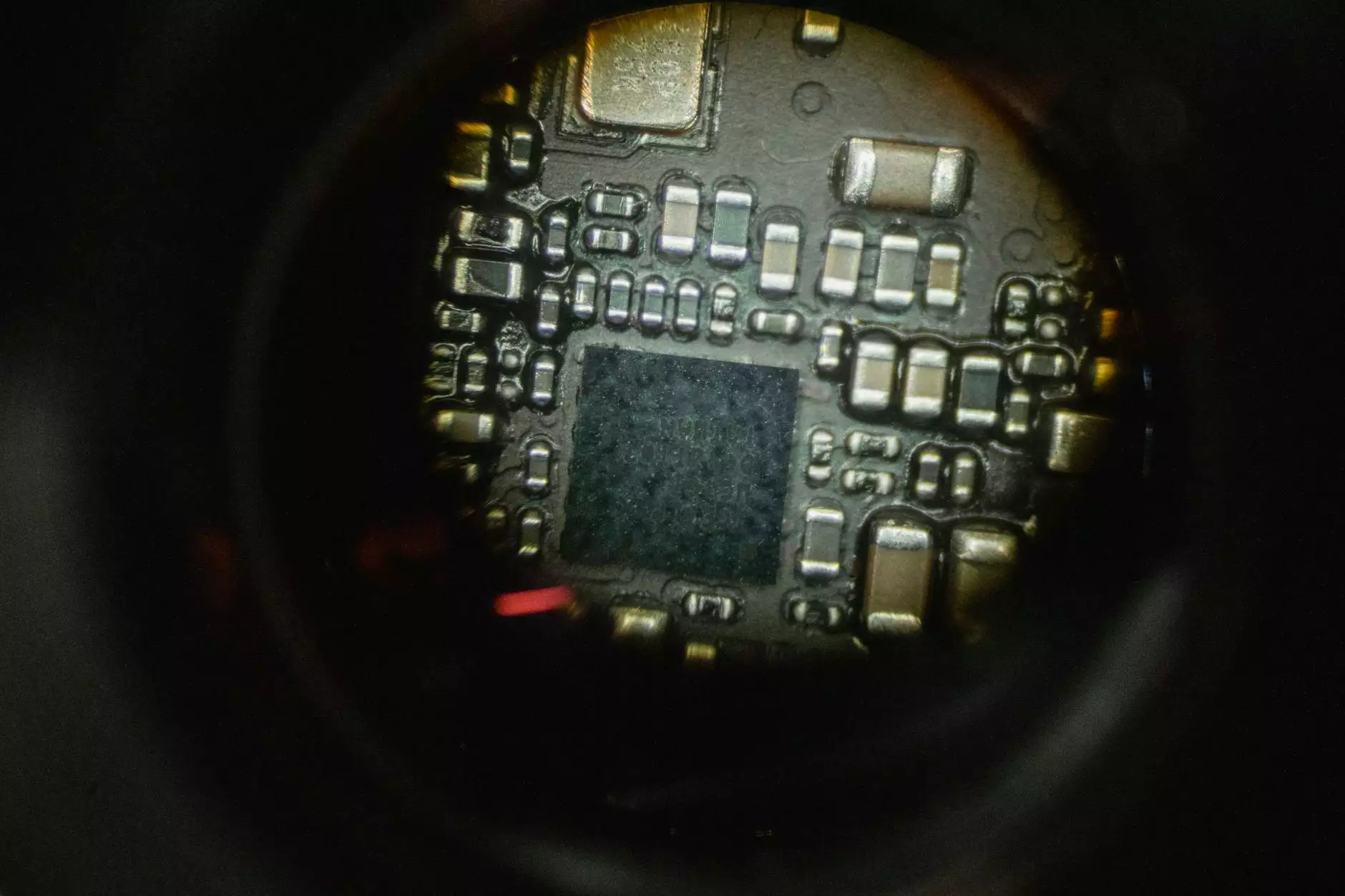Understanding Non-Smoker Lung Cancer Types

Lung cancer is often associated with smoking; however, it is crucial to understand that non-smoker lung cancer types also exist and affect thousands of individuals who have never touched a cigarette. This article aims to provide an in-depth analysis of non-smoker lung cancer, exploring its types, causes, symptoms, and treatment options to empower readers with essential information for better understanding and awareness.
What is Non-Smoker Lung Cancer?
Non-smoker lung cancer, as the name implies, refers to lung cancer found in people who have never smoked or who have smoked very little. While the majority of lung cancer cases are linked to smoking, research indicates that a significant percentage of lung cancer cases occur in non-smokers. This form of cancer can be just as aggressive and dangerous as lung cancer associated with tobacco use.
Prevalence of Non-Smoker Lung Cancer
Statistics show that approximately 10-15% of all lung cancer cases occur in non-smokers. While this percentage may seem relatively small, it represents a substantial number of individuals who develop lung cancer without the traditional risk factor associated with smoking.
Types of Lung Cancer in Non-Smokers
Understanding the types of lung cancer is vital for diagnosis and treatment. The two primary categories of lung cancer are:
- Non-Small Cell Lung Cancer (NSCLC)
- Small Cell Lung Cancer (SCLC)
1. Non-Small Cell Lung Cancer (NSCLC)
Non-Small Cell Lung Cancer (NSCLC) is the most common type, accounting for approximately 85% of all lung cancer cases. In non-smokers, the most prevalent subtype is adenocarcinoma, which originates in the glandular cells lining the lungs. Adenocarcinoma is more common in females and has been increasingly observed in non-smokers.
Characteristics of NSCLC in Non-Smokers
NSCLC can be further categorized into:
- Adenocarcinoma: Often linked with non-smokers, this type tends to grow more slowly and can arise in the periphery of the lungs.
- Squamous Cell Carcinoma: This type is more often associated with smoking but can also occur in non-smokers, originating from the squamous cells in the lungs.
- Large Cell Carcinoma: This is a less common subtype that can appear in any part of the lung and tends to grow and spread aggressively.
2. Small Cell Lung Cancer (SCLC)
Small Cell Lung Cancer (SCLC) is less common than NSCLC, comprising about 15% of lung cancer cases. It is primarily associated with smoking, but rare instances have been reported in non-smokers. SCLC tends to grow rapidly and is usually diagnosed at an advanced stage, making it more challenging to treat.
Causes of Non-Smoker Lung Cancer
The causes of lung cancer in non-smokers can be multifactorial. They often include
- Genetic Factors: Certain genetic mutations can increase susceptibility to lung cancer, even in non-smokers.
- Environmental Exposures: Long-term exposure to pollutants, asbestos, and radon can elevate the risk of lung cancer development.
- Secondhand Smoke: Non-smokers living with smokers may be at risk due to secondhand smoke exposure.
- Coal and Other Fume Exposures: Occupational hazards like exposure to coal dust and other harmful chemicals can also contribute.
- Previous Lung Diseases: Conditions such as chronic obstructive pulmonary disease (COPD) and pulmonary fibrosis may predispose non-smokers to lung cancer.
Symptoms of Non-Smoker Lung Cancer
Recognizing the symptoms of non-smoker lung cancer is crucial for early detection and effective treatment. Common symptoms include:
- Persistent Cough: A cough that does not go away or worsens over time.
- Chest Pain: Discomfort or pain that may worsen with deep breathing or coughing.
- Shortness of Breath: Experiencing breathlessness during routine activities.
- Unexplained Weight Loss: Loss of weight without a change in diet or physical activity.
- Fatigue: Unusual tiredness that persists and interferes with daily life.
- Recurring Respiratory Infections: Frequent bouts of bronchitis or pneumonia.
Diagnosis of Non-Smoker Lung Cancer
Early diagnosis is essential for favorable outcomes. The following diagnostic methods are commonly employed:
- Imaging Tests: Chest X-rays and CT scans can help identify abnormalities in the lungs.
- Biopsy: A definitive diagnosis often requires a biopsy, where a small lung tissue sample is examined for cancer cells.
- Endobronchial Ultrasound (EBUS): This technique allows doctors to visualize and sample lymph nodes in the chest.
Treatment Options for Non-Smoker Lung Cancer
The treatment for lung cancer in non-smokers is similar to that for smokers and may vary based on cancer type, stage, and patient health. Options include:
- Surgery: The primary treatment for localized non-small cell lung cancer, where the tumor is removed surgically.
- Radiation Therapy: High-energy rays are used to target and kill cancer cells, often used in conjunction with other treatments.
- Chemotherapy: Drugs that kill rapidly dividing cancer cells; often used when cancer is detected at a more advanced stage.
- Targeted Therapy: These drugs focus on specific genetic mutations in cancer cells for a more tailored treatment approach.
- Immunotherapy: Boosts the body’s immune system to fight cancer more effectively.
Living with Non-Smoker Lung Cancer
Receiving a diagnosis of lung cancer can be overwhelming. It is essential for patients and their families to seek support through various resources:
- Support Groups: Connecting with others facing similar challenges can provide emotional and practical support.
- Counseling Services: Professional counseling can help address the psychological impact of cancer diagnosis and treatment.
- Nutritional Guidance: A healthy diet plays a vital role in recovery and overall well-being.
Conclusion
Understanding non-smoker lung cancer types is crucial for effective prevention, diagnosis, and treatment. By raising awareness about the potential for lung cancer in non-smokers, we can broaden our approach to lung health and foster a supportive environment for those affected. Staying informed, recognizing symptoms, and seeking prompt medical attention can make a significant difference in outcomes for non-smokers diagnosed with lung cancer.
For more information on lung cancer and treatment options, visit our website Neumark Surgery. Our team of specialists is dedicated to providing comprehensive care for lung health and cancer treatment.
non smoker lung cancer type








